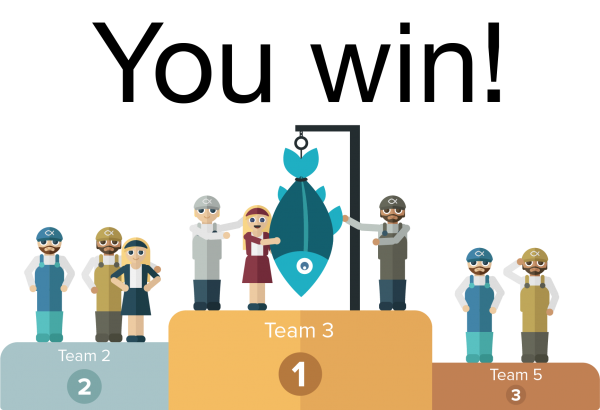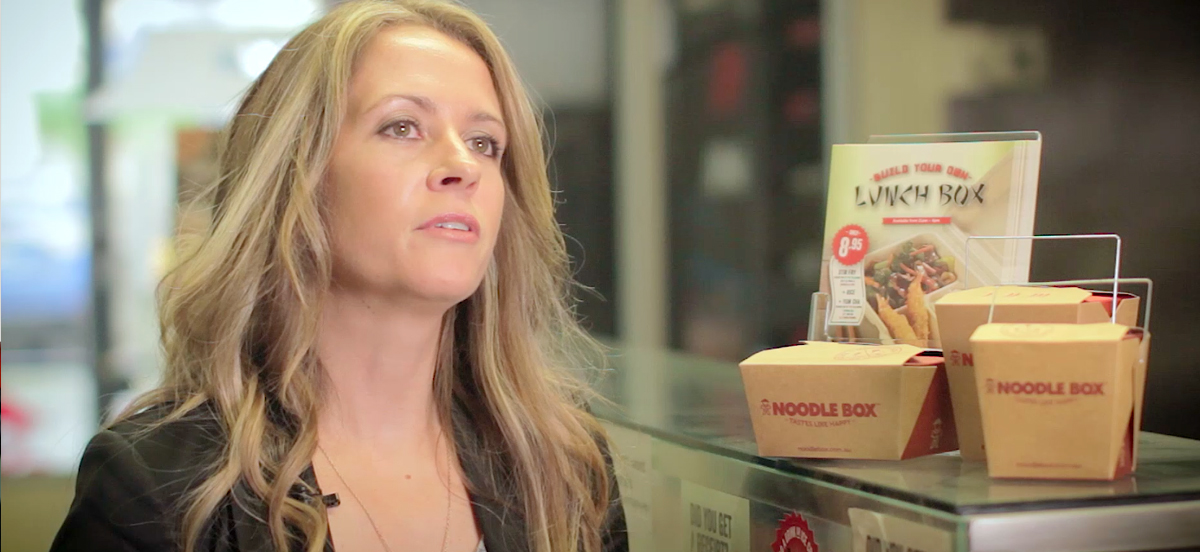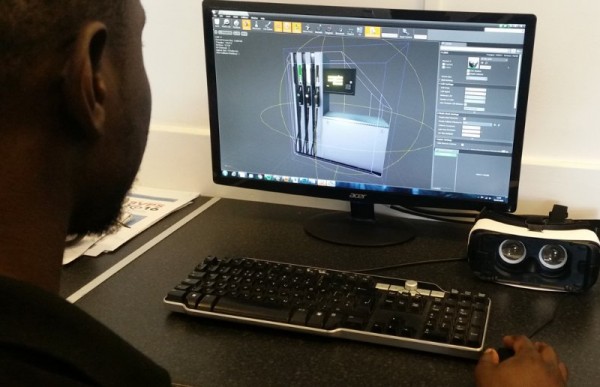Gaming...eh, what?
We’re running a serious business here.
Award Winning Games
Olive Learning has an award-winning interactive gaming department that specialise in creating highly engaging games that help meet learning objectives. With a team of learning and gamification experts we can develop games that employees want to play, feel rewarded for doing so and that ultimately help productivity and understanding.


Gamification resulted in
a 5% improvement in mystery
shopper results for a hospitality client.
Serious learner engagement
Serious games are deadly serious, and they are being adopted more and more across a variety of industries.
Below are 5 reasons why some of the most innovative businesses are turning to eLearning gamification.

Gaming improves employees knowledge
As we all know, knowledge retention is a big part of any employee’s daily life. Training isn’t just important for the employee, it is essential to the growth of the company. Studies have found that interactive learning games can increase long-term retention rates by up to 10 times.

Increases learner engagement
Gamification holds the learner’s attention and motivates them as they aim to reach a defined goal. When learners feel positive about their learning process and know that they are going to be rewarded in some way for their efforts, then they stop becoming passive observers and turn into active participants.
Gaming fosters innovation, productivity, and fun, which inevitably enhances the work environment.

A risk-free experience of the real world
Gamification in eLearning allows learners to see the real world applications and benefits of the subject matter. They are able to get a first-hand look at how their choices within the game result in consequences or rewards.
By training in a fun, risk-free environment they can explore a topic at length and they will be fully prepared when they apply their understanding to the real world.

Immediate feedback via the carrot or stick
Wouldn’t it be great if you’re employees could get immediate feedback whenever they needed it? Gamification in eLearning offers the possibility through real-time cause and effect. If you make a wrong move in a game, you are corrected on the spot. If you make a strategically smart move, you receive immediate positive reinforcement.
Gamification gives the power of feedback to the employee and accelerates knowledge. In addition, it fosters transparency about how performance is measured and where the employee actually stands.

Healthy competition and achievement
Humans love to compete, to win, to receive validation. In the workplace, people are automatically judged on their knowledge, achievements, and overall reputations.
Allowing your staff to become masters of their businesses and creating a community that openly recognizes their accomplishments will not only grow your team, it will grow your bottom line.






